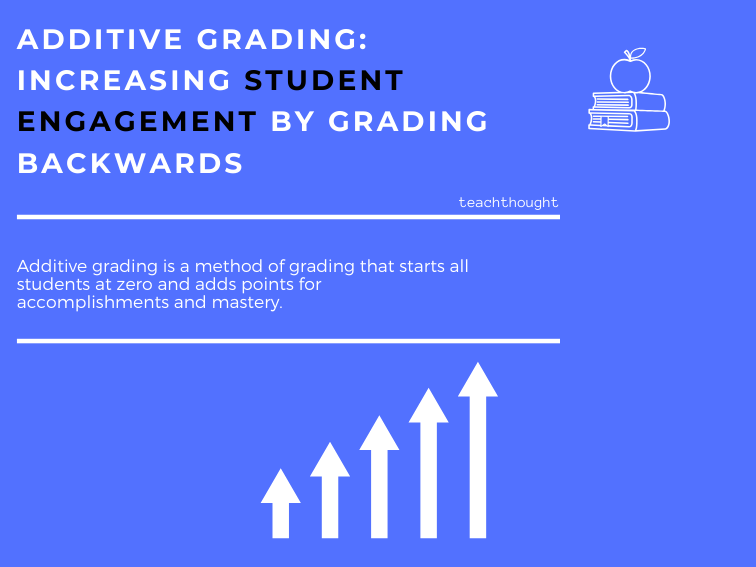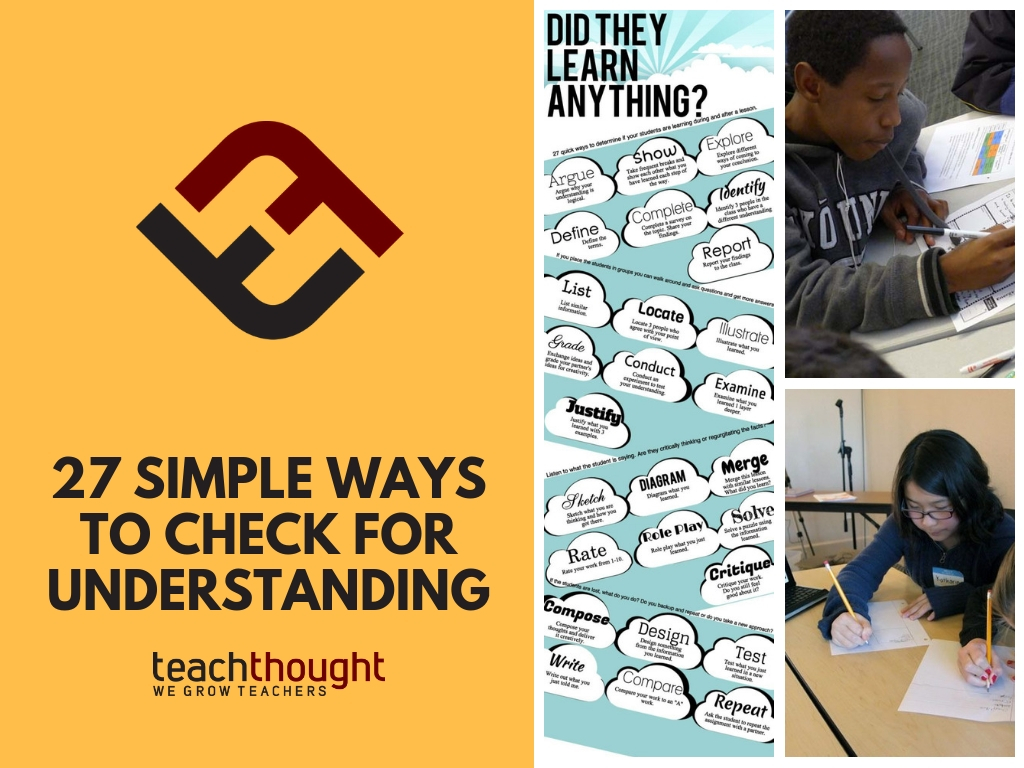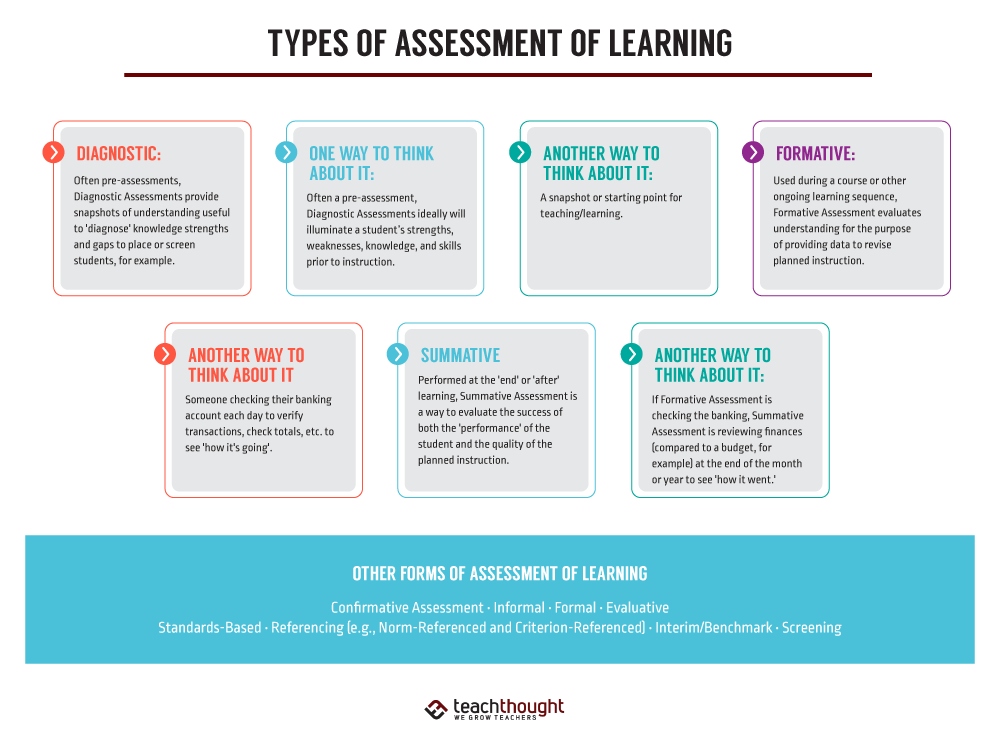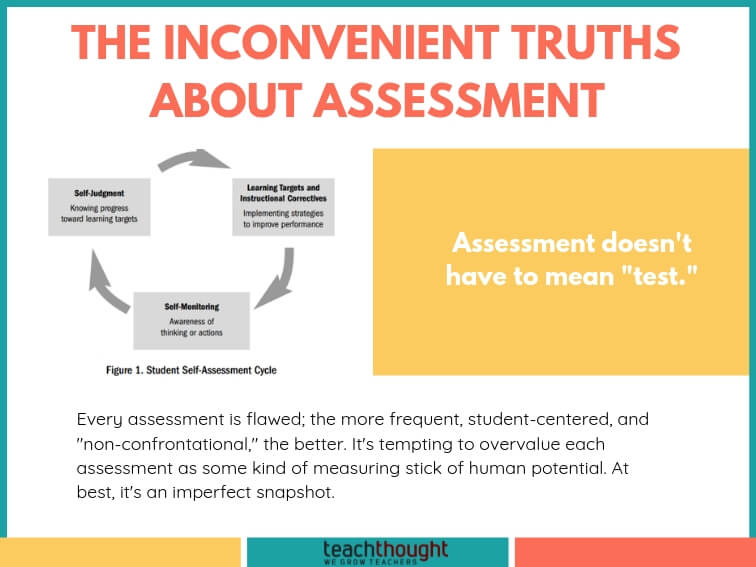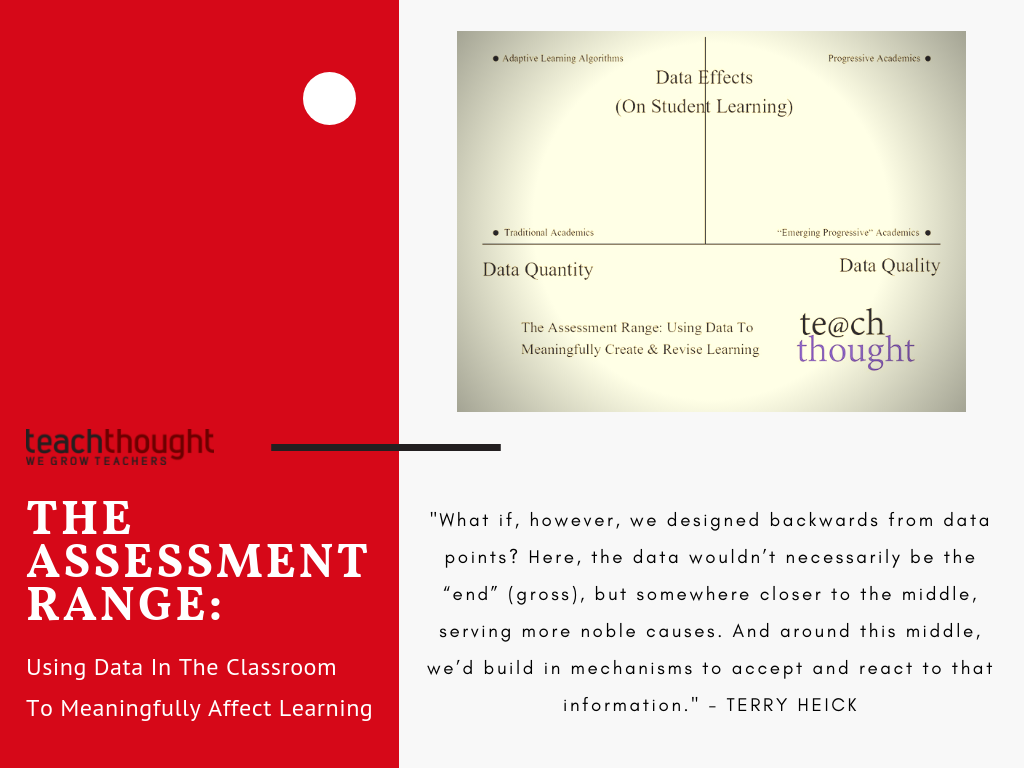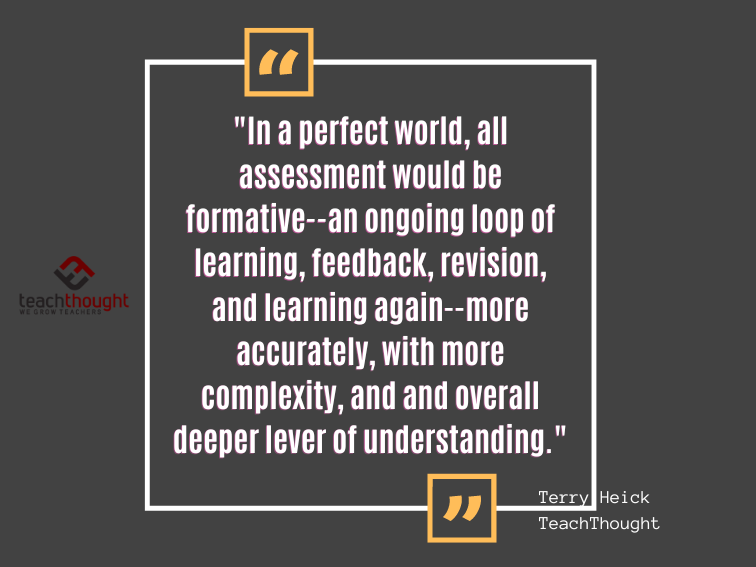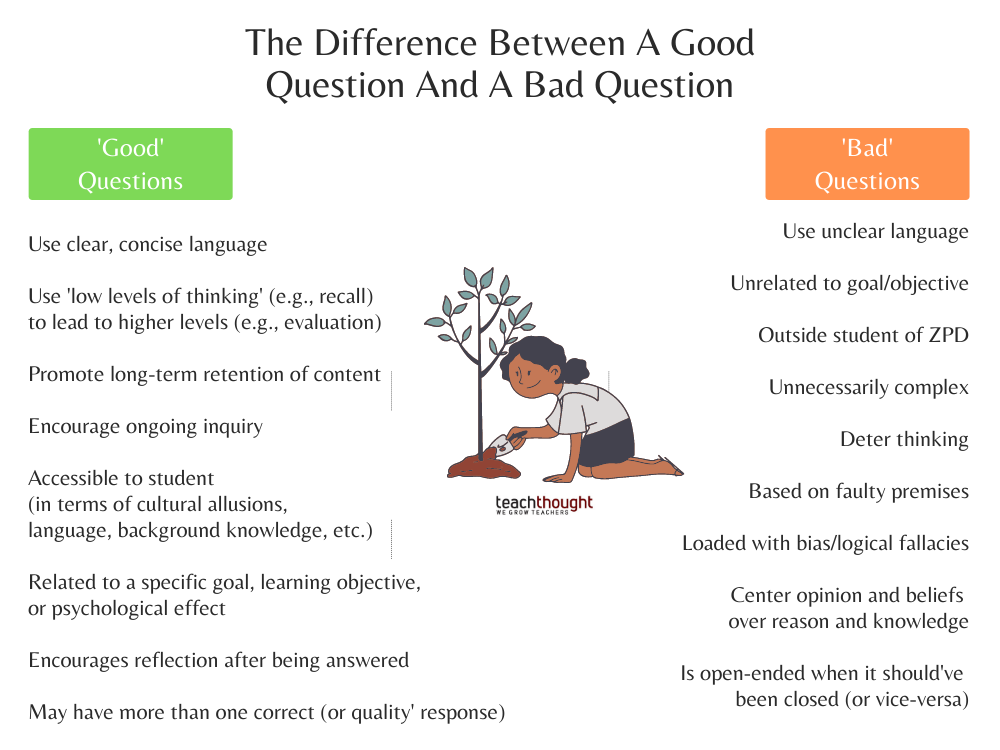Tag: Assessment Resources For Teachers
What Is Additive Grading?
Additive grading is method of grading that starts all students at zero and adds points for accomplishments and mastery.
27 Simple Ways To Check For Understanding
Whether you’re using data to personalize learning or refine curriculum, the ability to easily check for understanding is critical to your teaching.
6 Types Of Assessment Of Learning
From formative and summative assessment to criterion-referenced and benchmark assessment, each type of assessment has a unique function.
18 Inconvenient Truths About Assessment Of Learning
It’s an extraordinary amount of work to design precise and personalized assessments that illuminate pathways forward for individual students.
The Challenges Of Data-Based Teaching
How can you use data to improve your teaching? If you don’t already have a plan for the data before giving the…
What Is The Purpose Of Assessment?
In a perfect world, all assessment would be formative–an ongoing loop of learning, feedback, revision, and learning again.
5 Out-Of-The Box Assessment Strategies Every Teacher Should Know
Students need access to lower-level information to then use in higher-level thinking that requires them to synthesize disparate perspectives.
The Difference Between A Good Question And A Bad…
A question is only a strategy (for inquiry) and must therefore have a purpose if we want to evaluate its quality.
